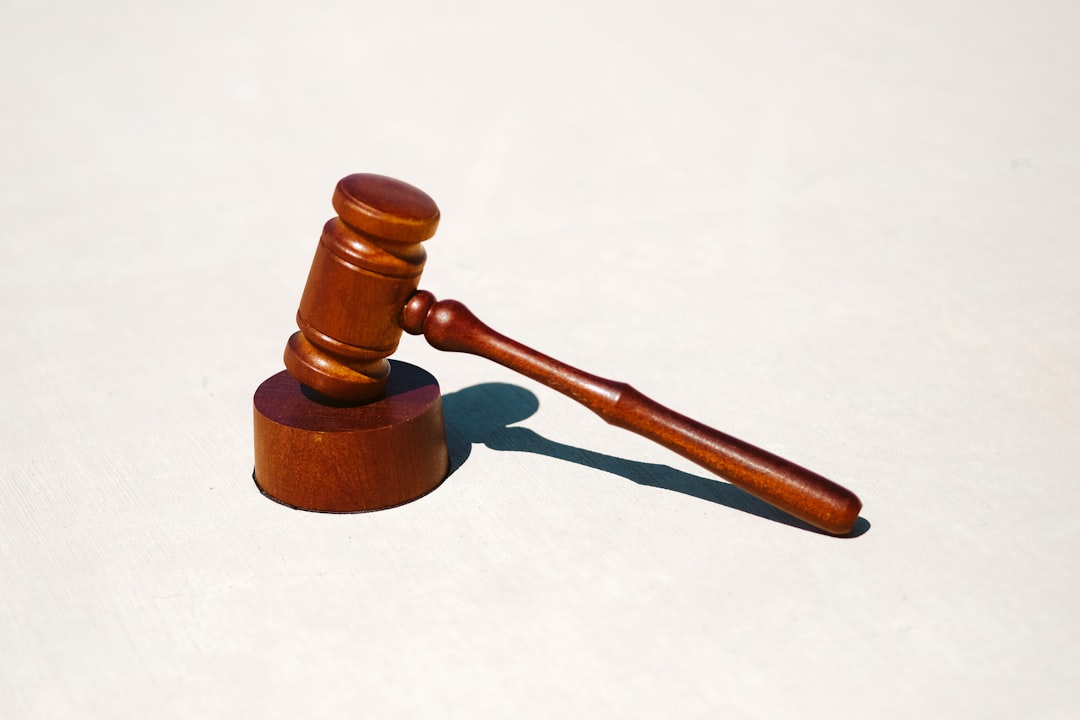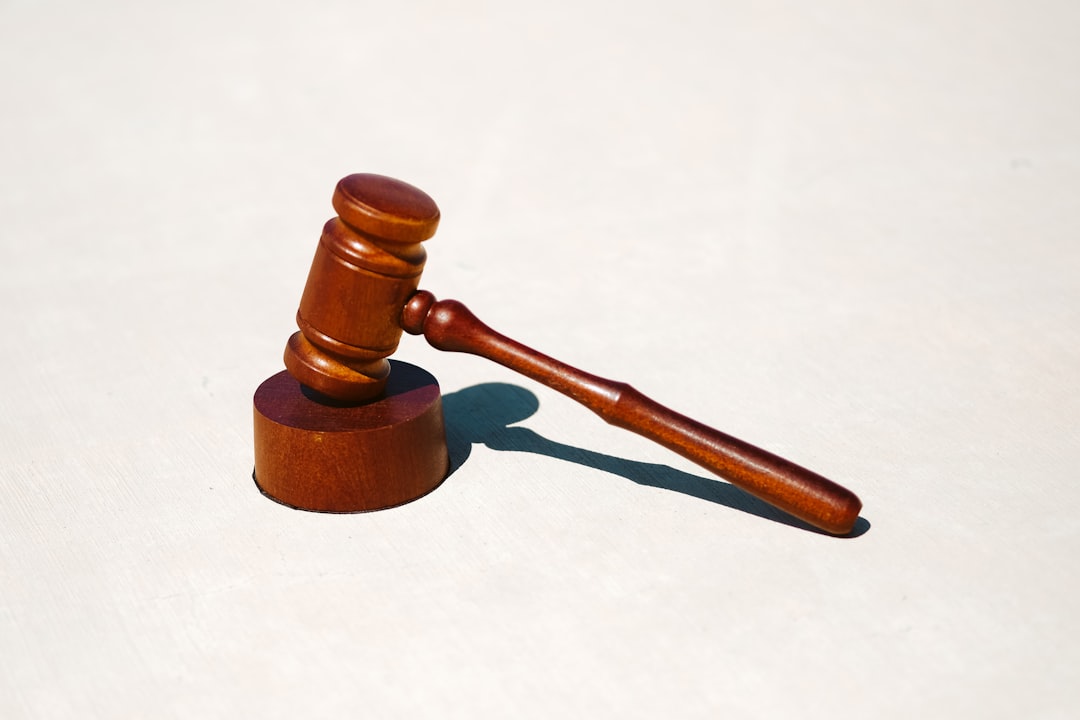In legal terms, third-party liability holds accountable parties responsible for massage spa abuse in Pittsburgh, PA. Victims can seek justice and compensation if harmed by a therapist's or facility's negligence or intentional acts. Massage abuse attorneys specialize in navigating complex issues, holding accountable parties liable, and ensuring victims receive appropriate redress. In Pittsburgh spas, understanding third-party liability, insurance coverage, and legal avenues is crucial for victims seeking justice from massage abuse.
In Pittsburgh, as in many cities, massage spas offer relaxation and healing but also carry potential risks of abuse. This article delves into third-party liability, exploring the legal protections available to victims of massage abuse in Pennsylvania. We examine spa environments, identify responsibilities, and discuss insurance roles, legal actions, and rights for victims, guided by expert insights from a massage abuse attorney Pittsburgh PA. Understanding these aspects is crucial for both patrons and practitioners to navigate this complex landscape safely.
Understanding Third-Party Liability: A Legal Perspective

In legal terms, third-party liability refers to a situation where one party is held responsible for the actions or damages caused by another. When it comes to massage spa abuse incidents in Pittsburgh, PA, understanding this concept is crucial for victims seeking justice and compensation. If a client suffers harm due to the negligence or intentional acts of a massage therapist or the spa facility, they may have grounds to file a legal claim against the third party responsible.
Massage abuse attorneys in Pittsburgh play a vital role in navigating these complex legal matters. They help victims understand their rights and options under the law. In cases of physical or emotional harm resulting from inappropriate therapy practices, a massage abuse attorney can guide clients through the process of holding the accountable parties liable, ensuring they receive the justice and redress they deserve for their suffering.
Massage Spa Environments and Potential Risks of Abuse

Massage spas in Pittsburgh, like any other relaxing environment, should be safe spaces for customers seeking relief and rejuvenation. However, the intimate nature of these settings can unfortunately make them vulnerable to abuse, particularly when proper safeguards aren’t in place. From inappropriate touching by massage therapists to non-consensual services, various risks exist that can lead to traumatic experiences for clients.
Pittsburgh massage abuse attorneys often see cases where customers trust professionals to provide a therapeutic experience but end up facing physical and emotional harm instead. Such incidents can have long-lasting effects on victims, underscoring the importance of holding businesses and employees accountable when abuse occurs. Understanding these potential risks is crucial in identifying liability and ensuring that those harmed receive the justice and compensation they deserve.
Identifying Responsibilities in Pittsburgh Massage Spas

In the event of massage abuse at a Pittsburgh spa, establishing third-party liability is crucial. Identifying responsible entities requires a nuanced understanding of the operational structure within these establishments. Typically, a massage spa operates as a business entity, with various stakeholders involved. The owner or operator holds primary responsibility for ensuring a safe environment, including proper employee screening, training, and supervision. They are also liable for maintaining a clean, sanitary facility and adhering to local health codes.
Massage therapists, being directly involved in client interactions, play a significant role in preventing and addressing abuse. Therapists are expected to follow ethical guidelines and report any suspected mistreatment or unusual behavior. Additionally, massage spas may have insurance policies in place that cover liability claims, including those related to negligence or third-party harm. A massage abuse attorney in Pittsburgh, PA, can help navigate these complexities, ensuring victims receive the justice and compensation they deserve for their traumatic experiences.
The Role of Insurance and Liability Coverage

In cases of massage spa abuse, understanding third-party liability is crucial for victims seeking justice in Pittsburgh, PA. Insurance plays a pivotal role in determining how and by whom compensation is covered. Many spas carry general liability insurance to protect against various claims, including personal injury. However, when an employee’s actions cause harm to a client, the spa’s insurance policy may not fully cover the damages. This is where third-party liability steps in.
If a massage abuse attorney in Pittsburgh represents the victim, they can help navigate these complexities. They will assess if the spa’s insurance adequately addresses the incident and advise on potential legal avenues. In some cases, filing a claim against the responsible employee or seeking additional compensation from the spa itself may be necessary. Ensuring the victim receives fair redress involves understanding both the scope of insurance coverage and applicable laws governing liability in such scenarios.
Legal Actions and Rights for Victims of Massage Abuse

Victims of massage abuse in Pittsburgh, PA, have legal rights and options available to them. If you’ve experienced any form of assault, harassment, or negligence during a massage therapy session, you may be entitled to compensation for your physical and emotional pain. A skilled massage abuse attorney can guide you through the legal process, helping you understand your rights and fighting for justice.
In such cases, it’s crucial to act promptly as there are time limits on filing claims. Documenting the incident, including gathering evidence and seeking medical attention, is essential. With the help of a qualified lawyer specializing in massage abuse in Pittsburgh PA, victims can seek damages against the spa or therapist responsible. This may include reimbursement for medical bills, pain and suffering compensation, and other forms of restitution to help rebuild lives affected by such traumatic experiences.






